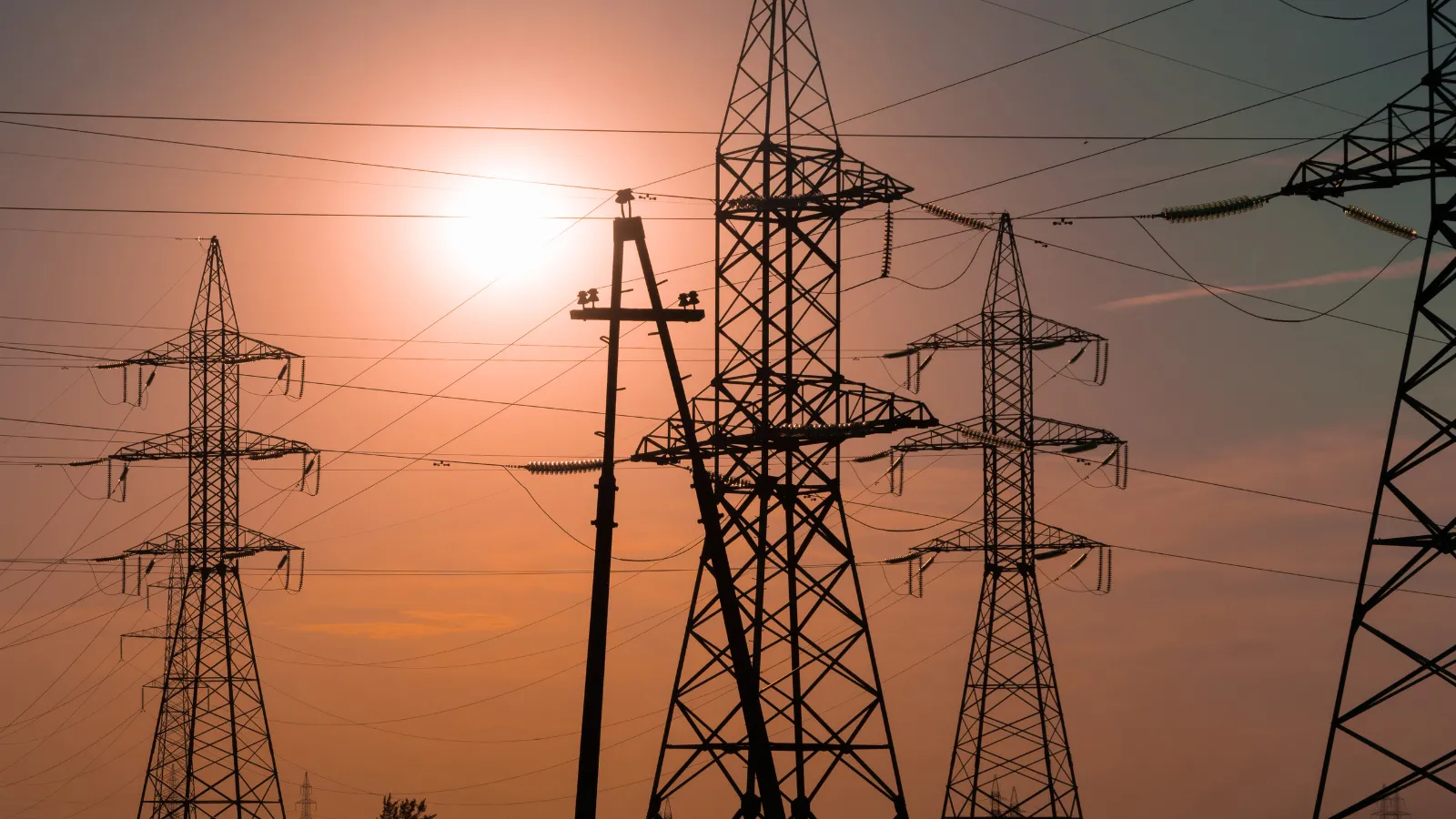
Red Eléctrica's work as the sole electricity transmission company in our country includes the engineering, construction and maintenance of transmission grid infrastructures, including high voltage overhead power lines. Traditionally, metal lattice supports have been used for this purpose, as it is the most efficient and widely used type. However, within the framework of its R+D+I programs and its collaboration with Elewit, Red Eléctrica is researching innovative proposals to promote the evolution and sustainability of these infrastructures.
For this purpose, Elewit launched the challenge of Innovative pylon designs for the electricity transmission grid in Spain, whose main objective was the exploration of alternative pylon designs for the transmission grid. The main improvements proposed for the challenge were the integration of the designs in the territory and society; the reduction of the dimensions of the pylon, as well as its manufacturing and installation costs; the reduction of the associated carbon footprint, and the recyclability of the materials. In addition, the proposals had to guarantee the safety of the professionals who would be in charge of their construction and maintenance.
The winning proposal was the one delivered by Grupo Alta Tensión (GAT), which we are collaborating with in a two-phase project. First, a study was carried out to assess the technical and economic feasibility of the proposed new design. In this phase, which ended in 2023, the feasibility of implementing the new concrete prototype of a pylon was analyzed, among other concepts, after a thorough analysis of the results, the decision was taken to proceed with the second phase of the project in 2024, focused on the development of the detailed engineering of the support, where mechanical, electrical and foundation calculations, constructability and maintainability throughout the useful life of the facility are established, taking into account criteria of recyclability of materials, circular economy, carbon footprint reduction and health and safety of workers.
In addition, the development of prototypes and the preparation of the necessary documentation for the manufacturing process are contemplated.
This project is an important step towards the evolution of electrical infrastructures in Spain to make them more efficient and sustainable in the long term, reducing their environmental and social impact.